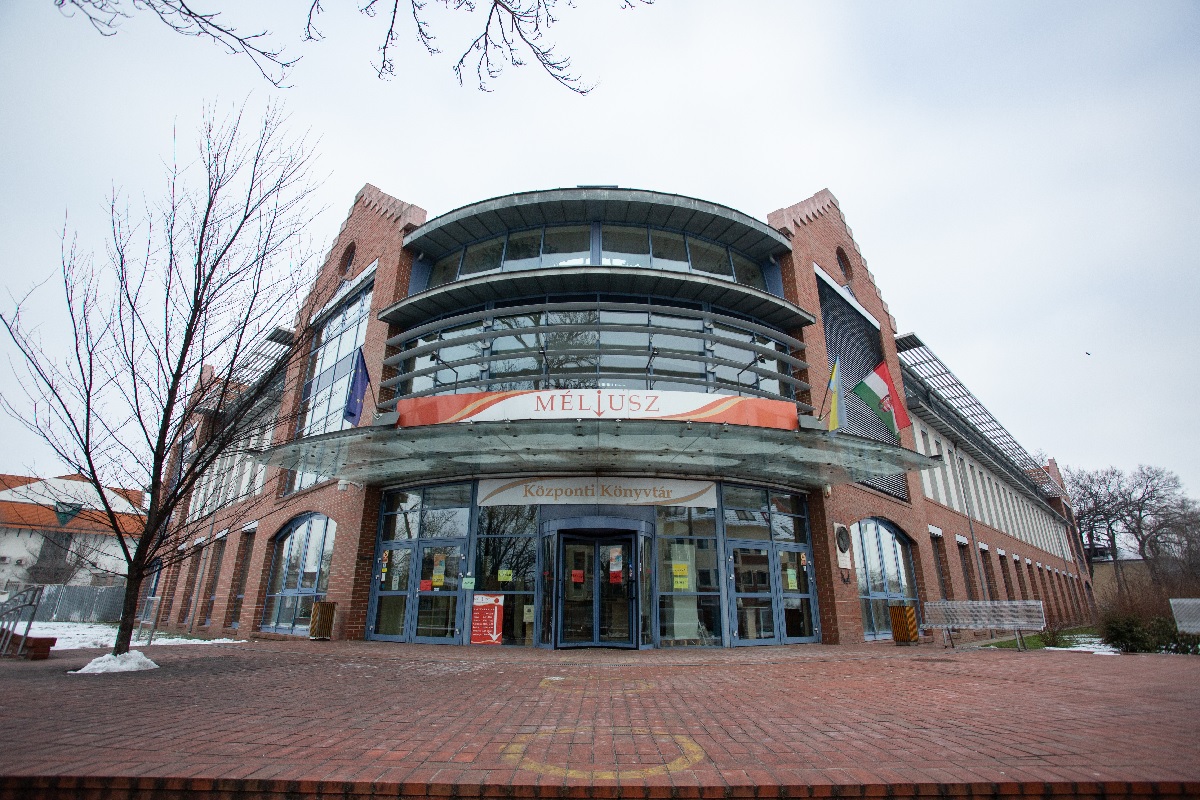
MÉLIUSZ – The answer lies with us
Having a public collection goes hand-in-hand with the library’s mission, which is offering the citizens of Debrecen and Hajdú-Bihar county free access to information and cultural goods. It follows that the purpose of the library is collecting and publishing written heritage, supporting the work of public and higher education institutions and carry out social duties. With these values in mind, the library hosts the city’s yearly events of great importance: the Poetry Festival of Debrecen, the Holiday of the Book Week of Debrecen, the Térey Book Holiday and the Literature Days of Debrecen.
MÉLIUSZ – One step closer to the answer
Our library takes authenticity and responsibility as its main values. The skilled librarians guarantee the credibility and utility of the provided information. We strive to answer questions, create knowledge from information and build education from knowledge.
The library’s 15 branches form a network, which aim is to establish a close alliance with its visitors while cooperating with and taking care of them. All branches offer reading-, learning-, educational- and entertaining activities for all age groups in respect of the city’s and the county’s scope.
MÉLIUSZ – The community is the answer
Focusing on tenderer work we are continuously looking for new opportunities, while volunteering to develop organizational culture, as well as establishing and keeping tradition. We are dedicated in taking care of communities and also laying the foundations of new ones. With these steps, we aim to make the connection between people and culture more and more personal.
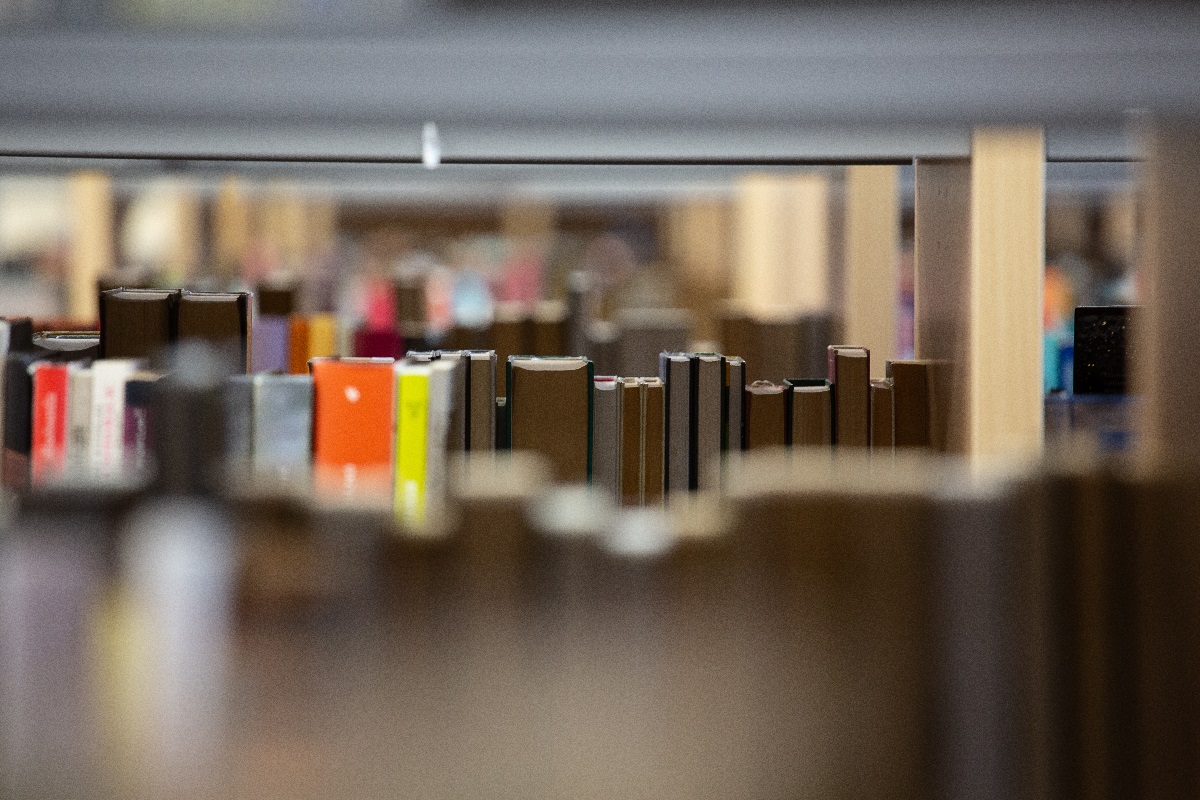
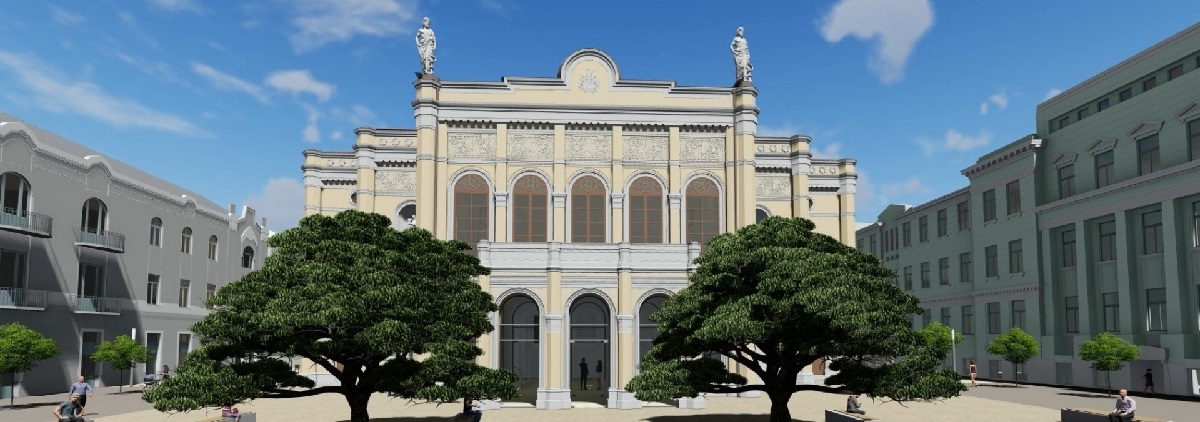
The Csokonai Theater is the first and largest theater in Debrecen. It was named after Mihály Csokonai Vitéz in 1915, and in 2012 received the status of a national theater. Well-known actors such as Imre Soós, László Mensáros, László Márkus, Zoltán Latinovits and Géza Hofi began their careers here. In addition to classical theatrical roles, the Csokonai Theater places special emphasis on the living connection with contemporary Hungarian literature. In addition to the two festivals that can now be called traditional and focus on contemporary playwrights and writers, DESZKA and MagdaFest and the annual Hungarian Drama Day, it is thanks to the Csokonai Theater that the city of Debrecen also joined the international series of events called The Night of Literature as the first venue in Hungary beyond Budapest. The Csokonai Literary Laboratory, which starts in 2021, aims to be an important center of local contemporary literary life.
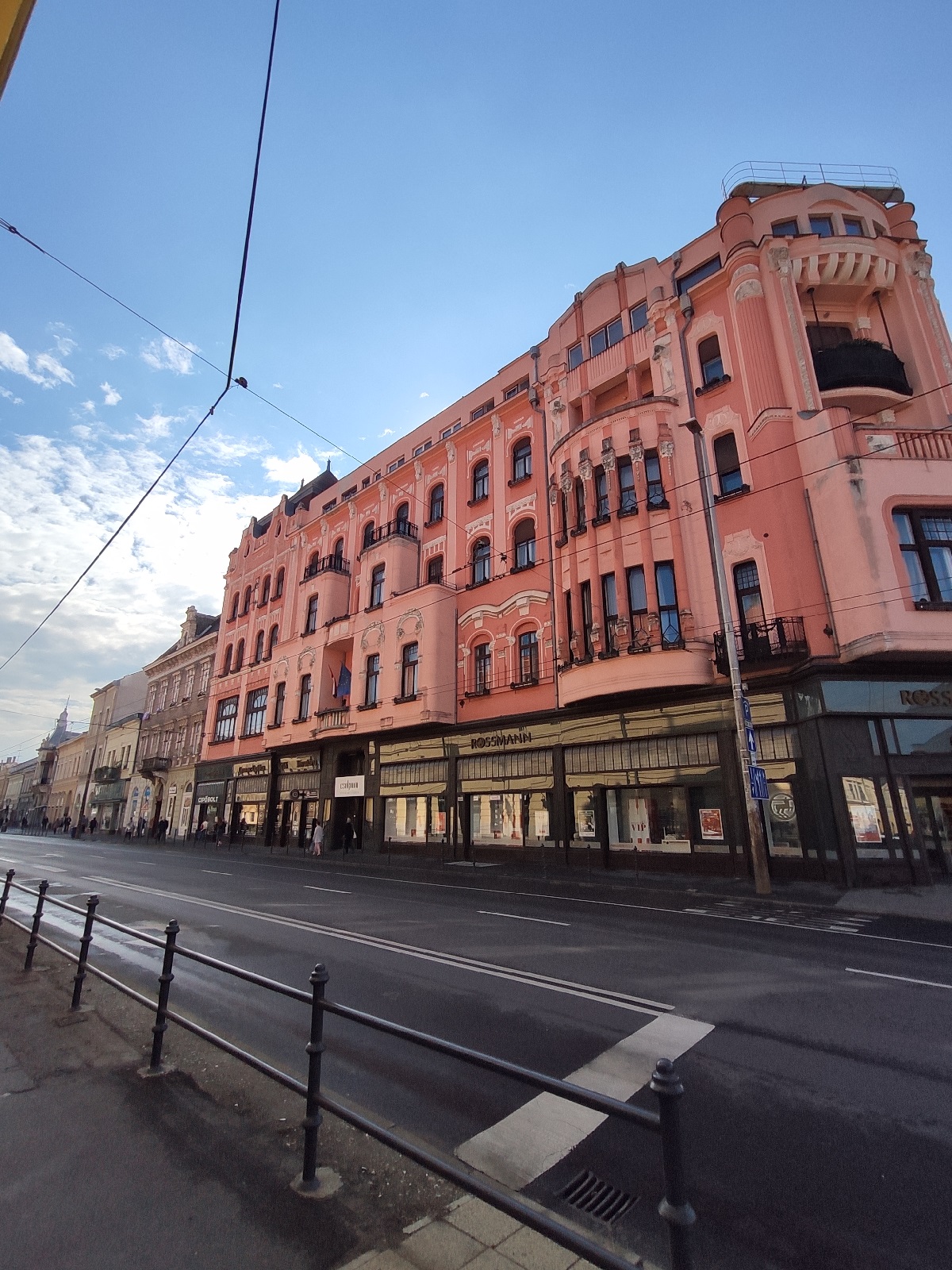
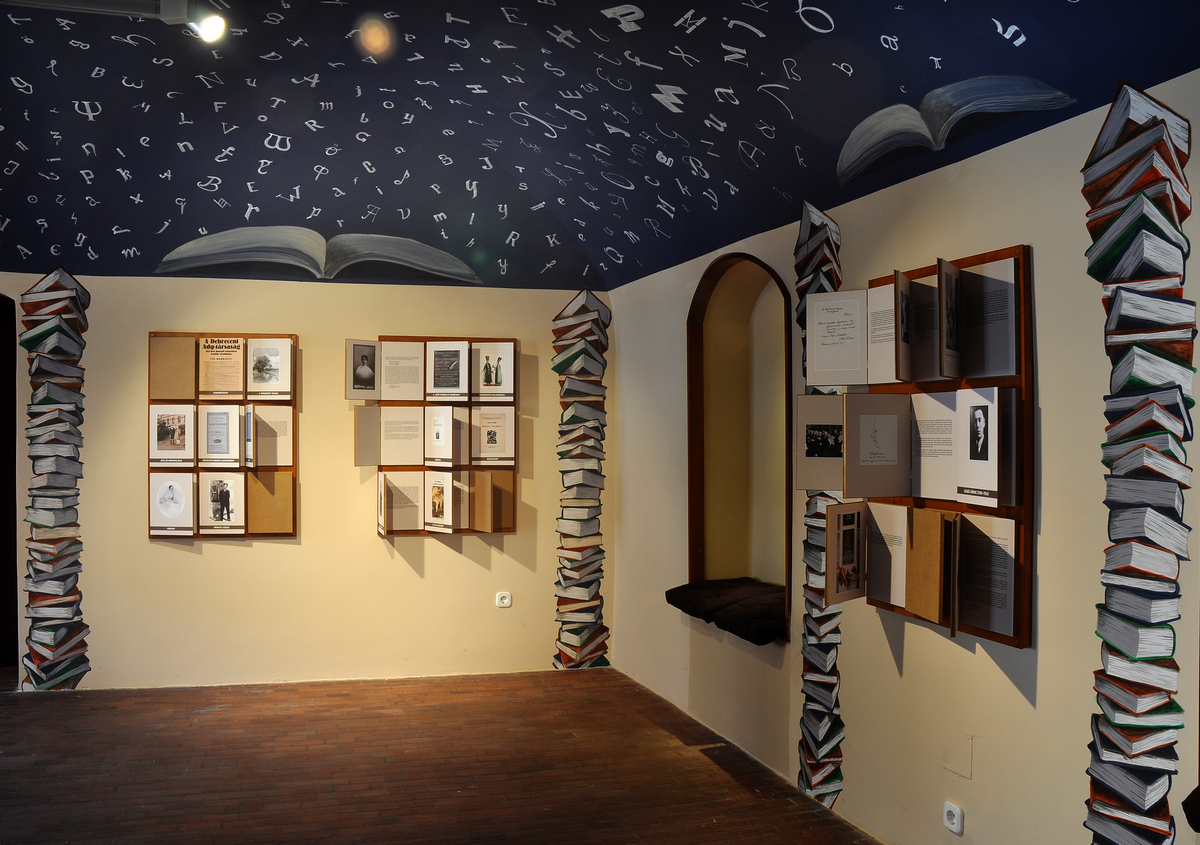
Initially the Déri Museum didn’t have a collection of literary history. All documents received were filed in the Historical and Ethnographical Database, or deposited in the museum’s own library. After opening the museum the lives of the greatest writers were displayed in memorial rooms: Gábor Oláh was allotted exhibition space in the museum in 1943, Endre Ady in 1947, Csokonai and Fazekas in 1949.
In the late 1950s, almost contemporaneously with the establishment of the Petőfi Literary Museum, literary museologists started their activity on this collection, too. Employed by the Déri Museum, Viktor Julow listed, researched, exhibited and published articles on the most valuable literary rarities. In his time the literary collection had not yet become an independent administrative unit. After Viktor Julow had left, the collection was without a literary historian curator. Any activity of recording, collecting and preservation stalled, too.
In the early 1960s autographies and documents of literary historical significance were lifted and made into a separate collection, which was kept in the cupboards of the Csokonai Society. This is the collection that István Kilián received in 1972, when he was transferred from the Miskolc Museum to Debrecen as a literary historian-museologist, and the experienced professional commenced to organise the accumulated material. The lifted collection, which served as source material for the later literary collection, was given a new inventory number, too.
The Literary Collection of the Déri Museum as an entirely separate administrative unit has been functional since 1973. We have separate records for original manuscripts, literary documents (prints, copies, photos), artefacts (furniture, relics) and works of art related to literature.
For decades Debrecen’s lovers of literature and professionals have been toying with the idea of establishing a literary museum or a permanent literary exhibition. The town’s unparalleled and rich literary history was once honoured in memorial rooms and school exhibits as well as in temporary shows. However, memorial rooms became outdated, school displays too private and not accessible enough to the general public. Temporary exhibitions, furthermore, are normally suitable for presenting a single personality. The exhibits at the Reformed College could well present famous teachers and students of the prestigious school, but they might not provide a comprehensive picture of the town’s 450-year literary history. The Debrecen Literary Museum stepped up to fill that gap, and, through the literary collection of the Déri Museum, made an effort to present, in a permanent exhibition, the centuries-old connections between the Transtibiscan intellectual centre and the development of Hungarian literature. The exhibition was opened in 1980 in the former dwelling of renowned architect József Borsos, which dates back to 1913.
In 2011 the literary collection had to move out of the villa. The new permanent literary exhibition was opened in the Debrecen House of Literature in Péterfia Street in 2014. The building houses our collections as well as the offices of the museum pedagogical service and the researchers.
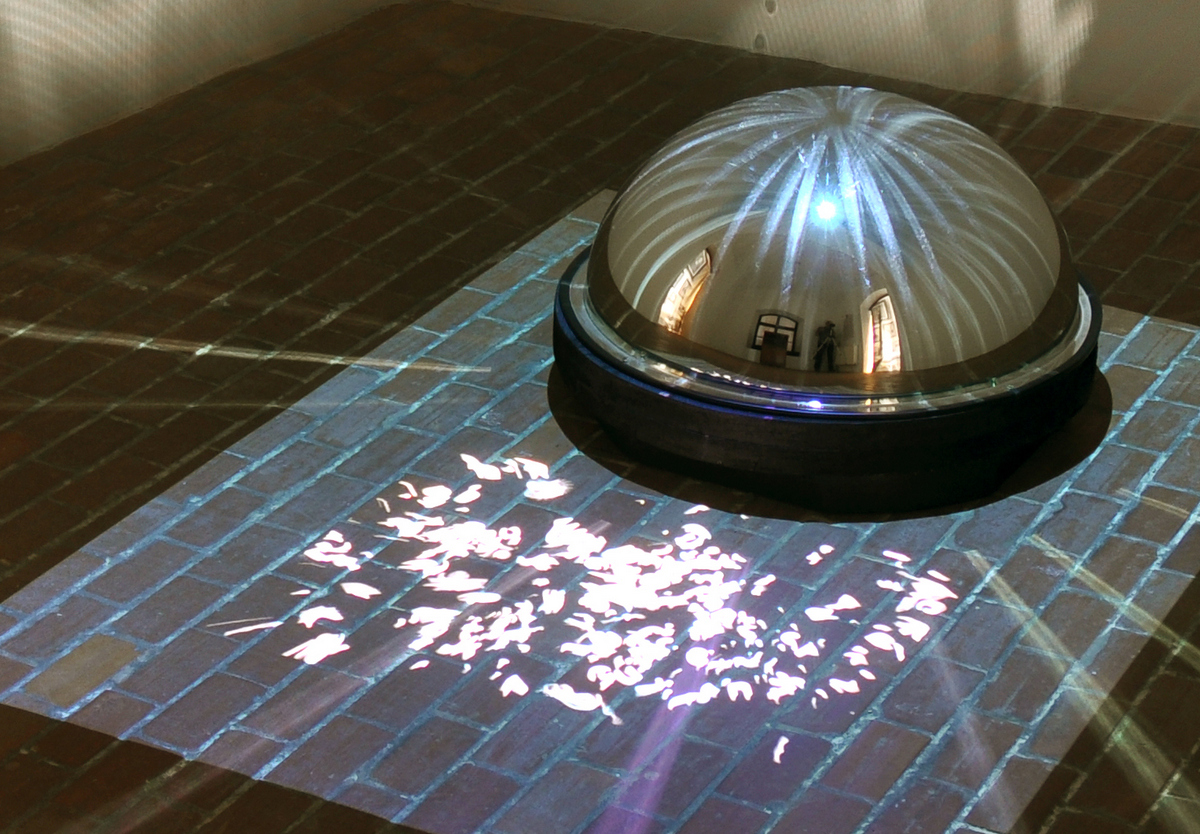
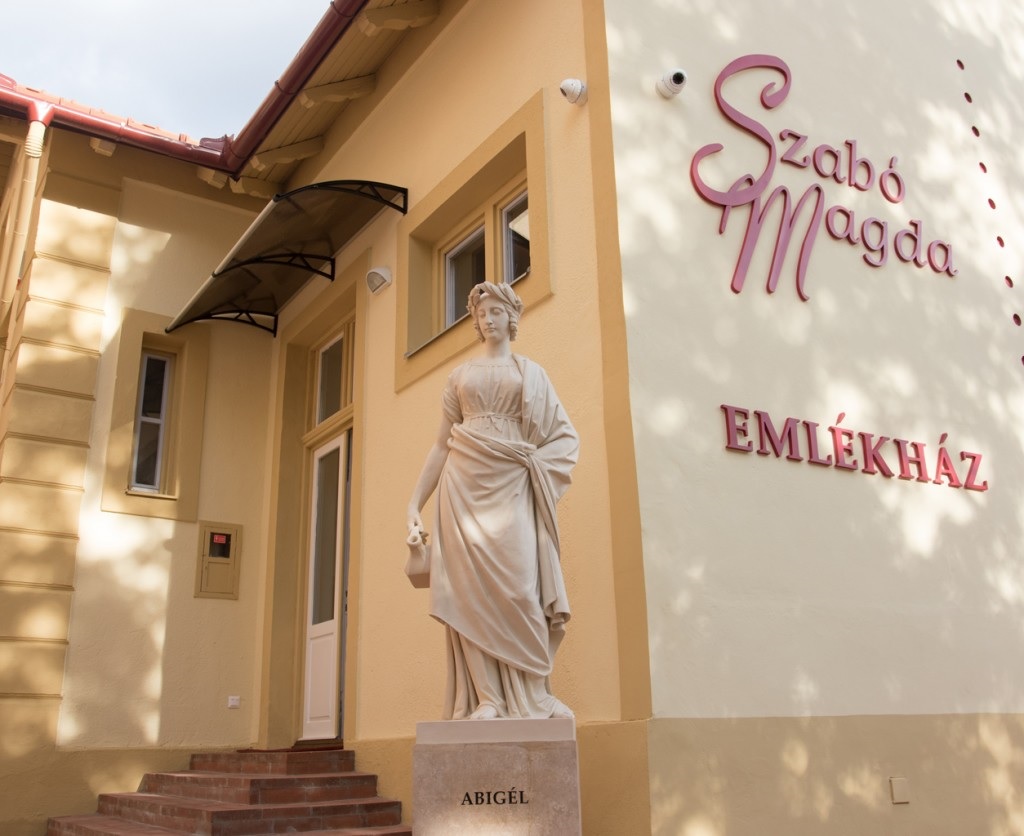
Magda Szabó (1917–2007) is among the most popular Hungarian writers and one whose works have been translated to the most languages. She was born in Debrecen, completed her studies at the Dóczi Reformed Girls’ School, then embarked on her teacher’s career at the same institution. She first appeared in the local literary circles as a poetess, then in the second half of the 20th century she garnered domestic and international fame as a novelist and playwright. She depicts her past, the Debrecen milieu of her childhood and youth in several works (The Ancient Well, An Old-fashioned Story, Shout, You Town!, Für Elise). Several of her writings have been adapted into successful films (Abigail), and her plays are still produced and widely popular today. Besides numerous literary awards the English translation of her internationally best-known novel (The Door, 1995, trans. by Stefan Draughon, 2015) made it into the The New York Times 10 best books list.
Szabó’s mature writer’s career was mostly connected to Budapest after the Second World War, but her direct relationship with her birthplace was never broken: she often returned for meet the author events, theatrical performances, friendly meetings, and in the final years of her life she often visited her old school, which had just been relaunched. She is commemorated in the city by a promenade, a public sculpture and a literary memorial house.
The Debrecen Szabó Magda Memorial House was opened in a detached building located in the courtyard of the writer’s one-time school in 2017. The high-standard exhibition presents Szabó’s furniture, clothes, personal articles and books. The memorial place with its special atmosphere has become a site of pilgrimage for Magda Szabó’s domestic and foreign fans alike.
4024 Debrecen, Kossuth u. 35.
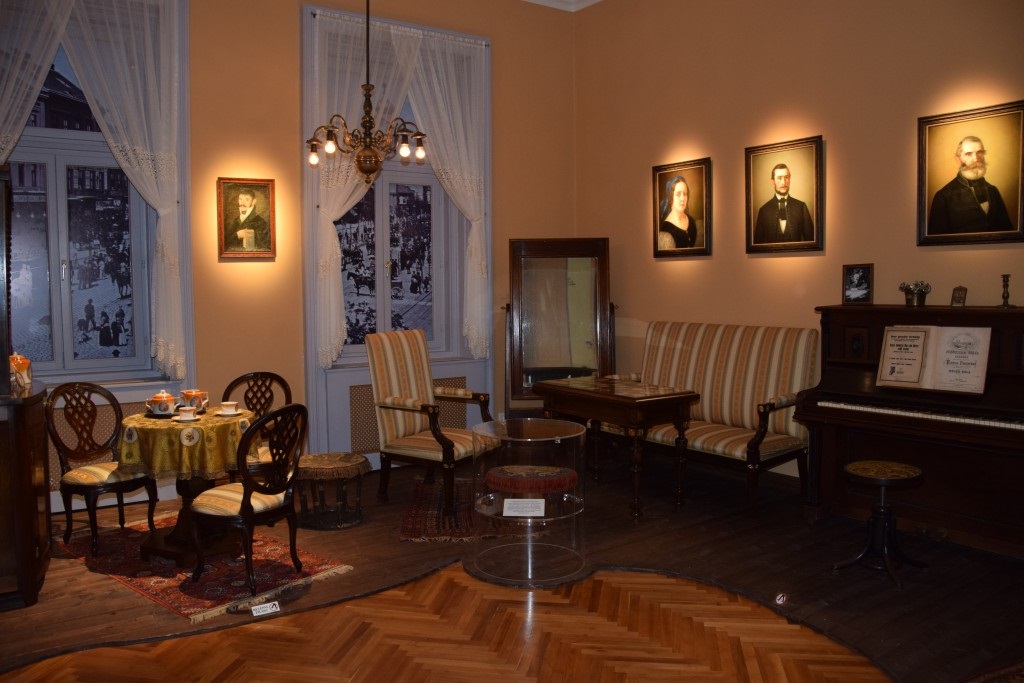
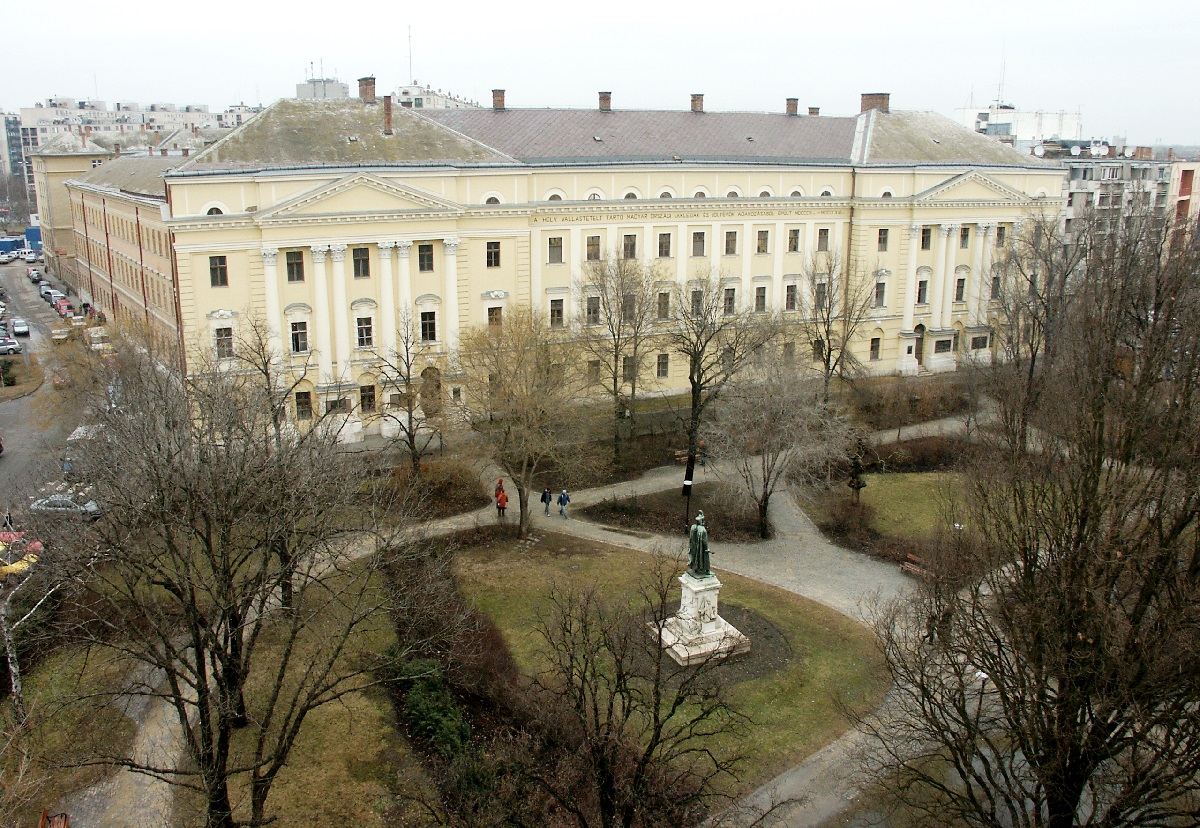
The Debrecen Reformed College has been one of the most significant venues of the Hungarian intelligentsia, and one of the most important memorial places of Hungarian literature.
The Reformed College, which has been operational without cease since 1538, has always offered primary, secondary and tertiary education. Thanks to its centuries-old but vivid relations with Western Europe, it was the cradle of the town’s public university established in the early 20th century.
The continuity of the College’s literary milieu until the age of enlightenment had been ensured by students’ manuscript poems of diverse contents and genres in Latin and Hungarian, and in the past two centuries the tradition of debating societies modelled on grassroots organisations.
Famed students of the College hold prestigious places in the history of Hungarian literature. Outstanding church writers of the 16–17th centuries include Albert Szenci Molnár, who translated Johannes Calvin’s magnum opus (Institutio) and the Geneva psalms, which are still sung today.
Prominent representative of Rococo lyrical poetry Mihály Csokonai Vitéz was born in Debrecen and a student at the College. His cult following is still very much alive in the town.
His contemporary, similarly Debrecen-born Mihály Fazekas was not only a notable lyrical and epic poet, but also a prestigious representative of botanical literature.
Ferenc Kölcsey, a central figure of early nationalist Romanticism, author of the Hungarian anthem, completed all of his schools in Debrecen at the turn of the 19th century.
Accomplished poet of the folk vernacular, János Arany, famous for his ballads and later secretary general of the Hungarian Academy of Science, pursued his higher education at the College in the 1830s.
Prominent representative of realist prose Zsigmond Móricz, who was a grammar school student at the College in the late 19th century, wrote a great novel about his student years, entitled Légy jó mindhalálig (Be Faithful unto Death, 1920).
His contemporary, Endre Ady, genius of modern Hungarian poetry, was a law student at the College.
The above list of classic writers, with their well-established places in the canon, is supplemented in the 20th century by such outstanding personalities as Lőrinc Szabó, poet and translator of Baudelaire, among others, Imre Sarkadi, reformer of Hungarian prose writing, as well as Ferenc Sánta and György Konrád.
The Debrecen Reformed College and Museum have for a long time consciously maintained the memory of their former students. Csokonai, Fazekas, Kölcsey and Arany are featured on the main façade of the building, while Lőrinc Szabó is depicted on a relief in the main stair hall. The College’s Grand Library, with its 600 thousand units boasts several medieval folios, rare early prints and innumerable manuscripts, a hundred years ago established a separate Csokonai Room to house the poet’s College-related relics. Recently a Fazekas Mihály Memorial Room was also created in the Library. Apart from that, the Museum popularises the rich literary tradition of the town and the College through museum pedagogical sessions and literary city tours.
The Debrecen College has not only been an alma mater to outstanding writers and poets, but has also been featured as subject and setting in literary works for two hundred years. In the 19th century it is included in János Arany’s lyrical autobiography as well as Mór Jókai’s and Kálmán Mikszáth’s fiction. In the 20th century it is used as a definitive setting in Lőrinc Szabó’s autobiographical cycle, Sándor Karácsony’s, Antal Végh’s and Barnabás Perjéssy-Horváth’s novels, as well as Magda Szabó’s play about Csokonai.
4026 Debrecen, Kálvin tér 16.
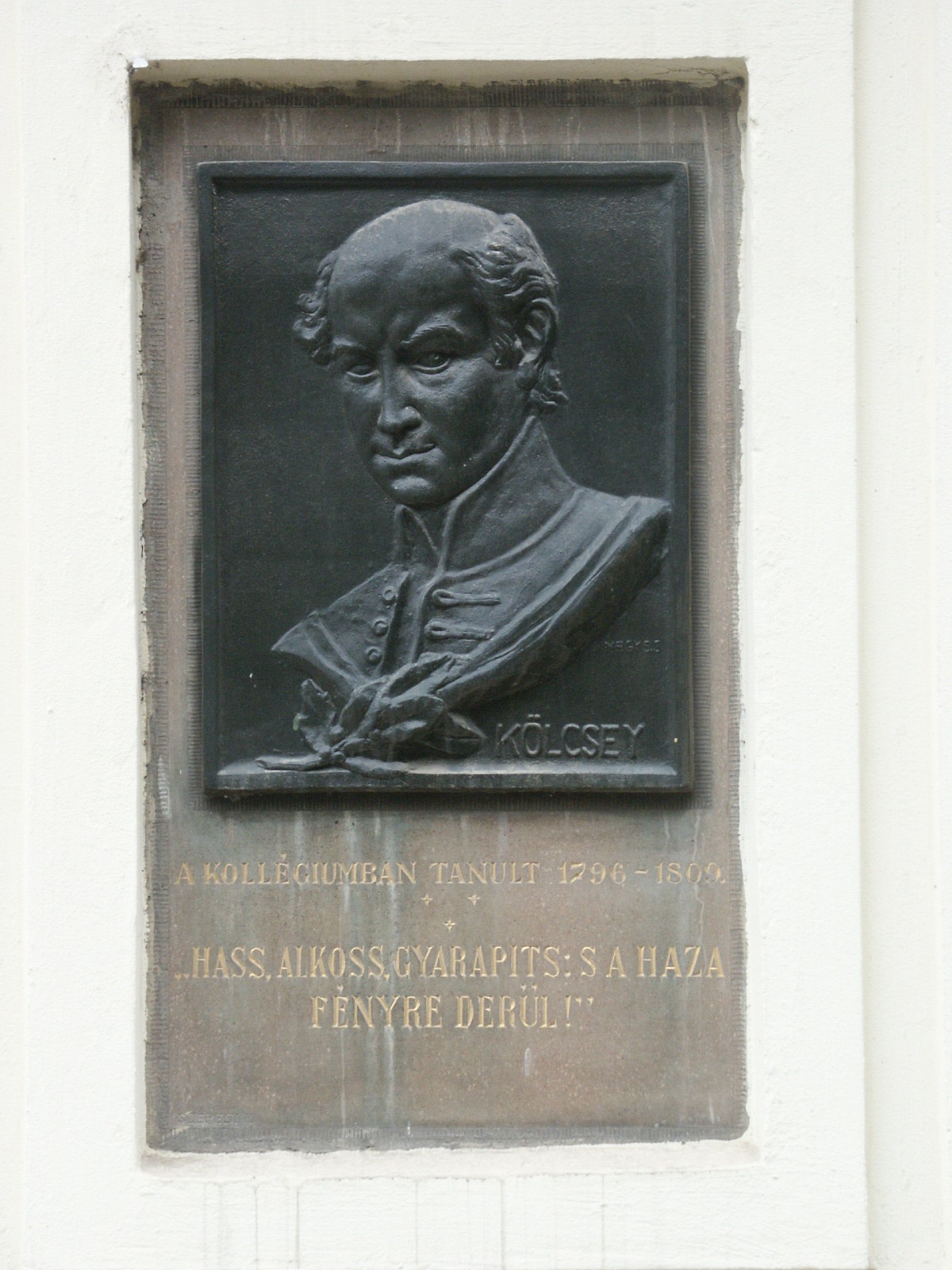
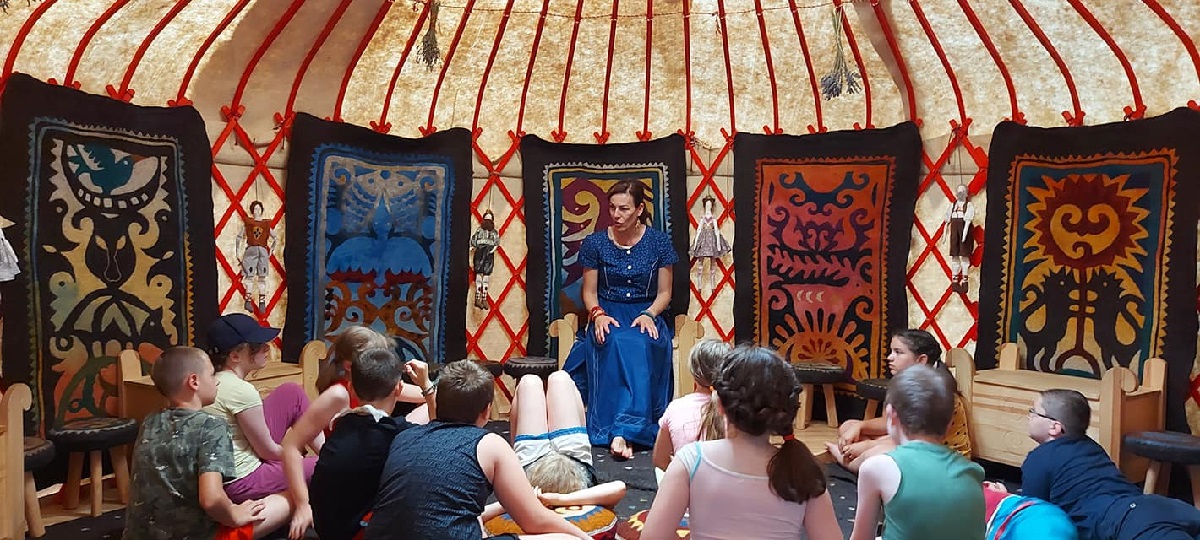
As a community cultural institution of the Municipality of Debrecen the DEMKI organises basic community cultural services and ensures continuous access to these. Subunits of the DEMKI (the Youth Centre; the Újkert Community Centre; the Tímárház – Folk Craft Centre; the Downtown Cultural Centre – Community Space) carry out model processes, inspiring visitors through their unique atmosphere and openness. The network also includes the Debrecen Folk Tale Point, a community space where children and adults may learn about the tradition of live storytelling. It is our objective to make our spaces as flexible and colourful as possible, and to provide services and organise high-standard programmes meeting the requirements of community cultural basic services and the principle of sustainable development with the help of qualified cultural professionals.
www.demki.hu; info@demki.hu
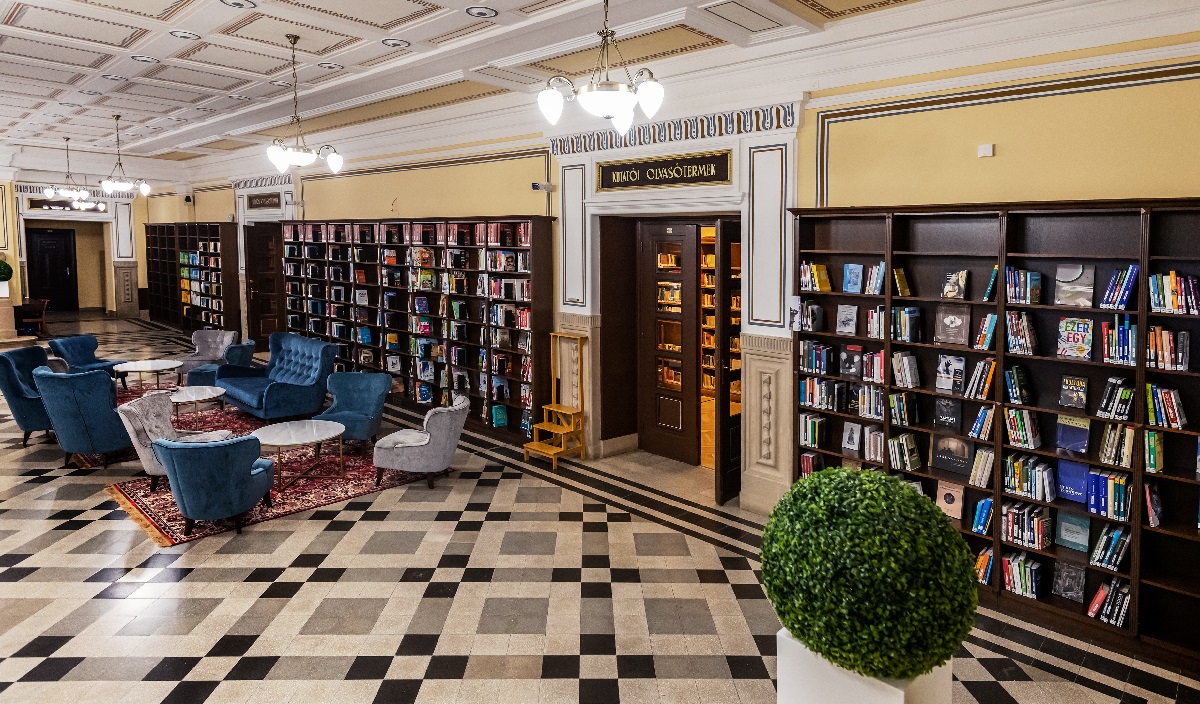
The University and National Library of the University of Debrecen safeguards and manages the university’s and the nation’s wealth of knowledge. Our services, valuable collections, spaces and community initiatives are an important factor in both the lives of the university and the city. As a national depositary public library we have an outstanding role in protecting, preserving and making accessible Hungary’s national cultural heritage.
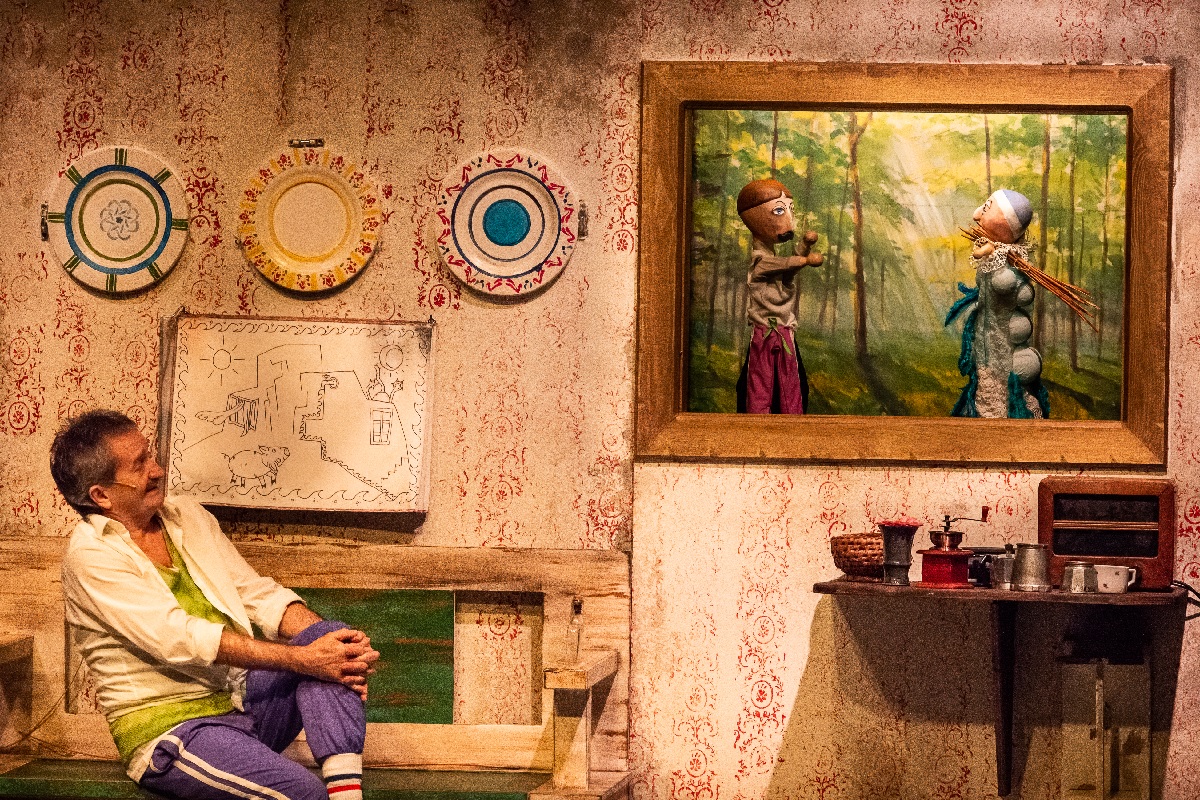
The Vojtina Puppet Theatre, launched as a company in 1975, fully endorse the lines written by János Arany: yielding clean and honest words, true deeds and dignity one may become a point of reference for any and all.
As puppeteers we wish to inspire ideas and feelings on how the values of our coming into the world, our humanness are inexhaustible resources; how our fairy tales, traditions and universal culture shape us; how through play and the imagination we may experience heights that we have not been able to picture before.
We believe it is important to ensure that acting stages use our beautiful Hungarian language, so that we may preserve it for posterity. We believe that in our world of moral crisis we must convey eternal human and moral values to our audiences that help them find their way in the world.
https://www.vojtinababszinhaz.hu/
© debrecenliterature.hu All Rights Reserved Privacy Policy